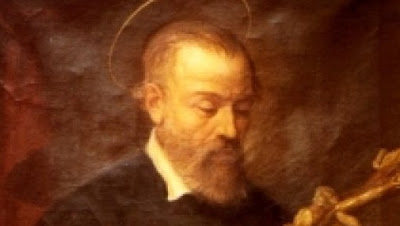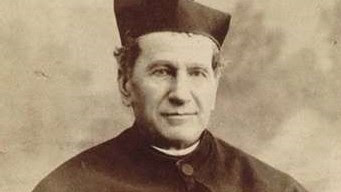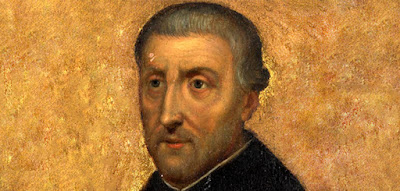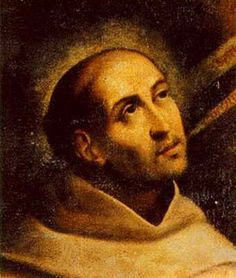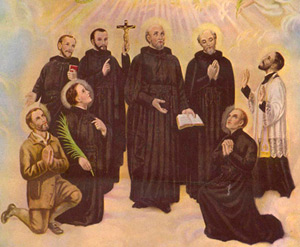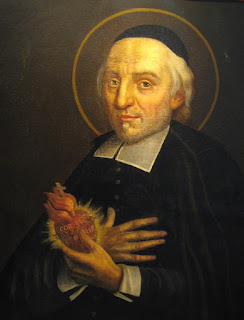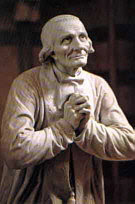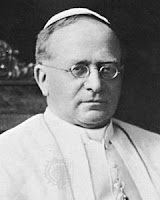Saint Claude de la Colombiere, Jesuit Missionary and Apostle of the Sacred Heart
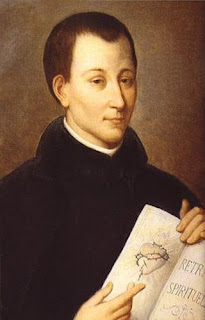
February 15th is the feast of St. Claude de la Colombiere (1641-1682), the 17th century Jesuit priest, preacher and missionary to England. He is best known as the confessor and spiritual advisor to Saint Margaret Mary Alacoque to whom our Lord revealed the treasures of his Sacred Heart. In the course of Christ’s appearances to her, Margaret Mary was overcome with anguish and uncertainty. Jesus promised her "my faithful servant and perfect friend" to assist her in carrying out her divine mission. That "faithful servant" would arrive a short time later in the person of Father Colombiere. He would reassure Margaret Mary as to the vision’s authenticity. Due to his support, Margaret Mary’s superior came to believe, and devotion to the Sacred Heart of Jesus was soon promulgated throughout France. Claude de la Colombière was born the third child of Bertrand and Margaret de la Colombière in in St. Symphorien d'Ozon, France. His family was pious and of high standin
